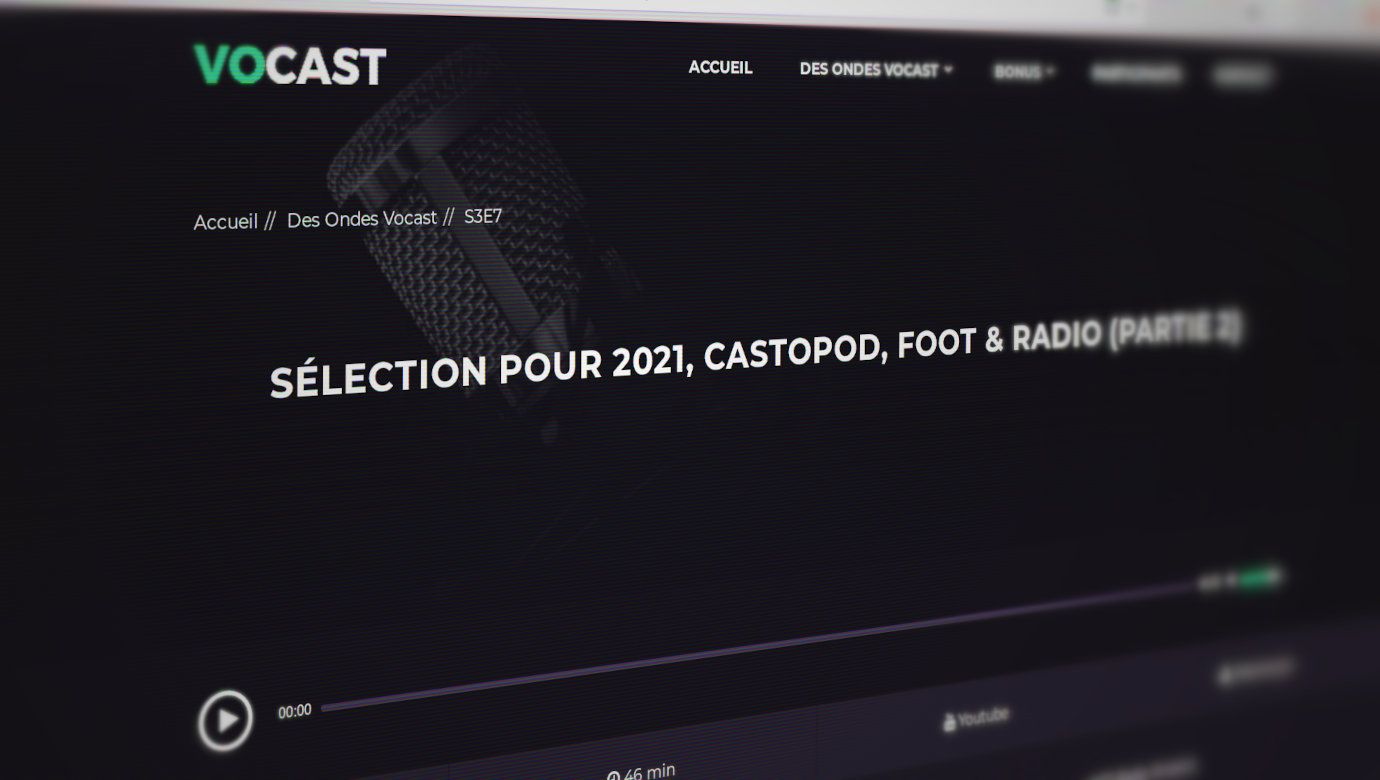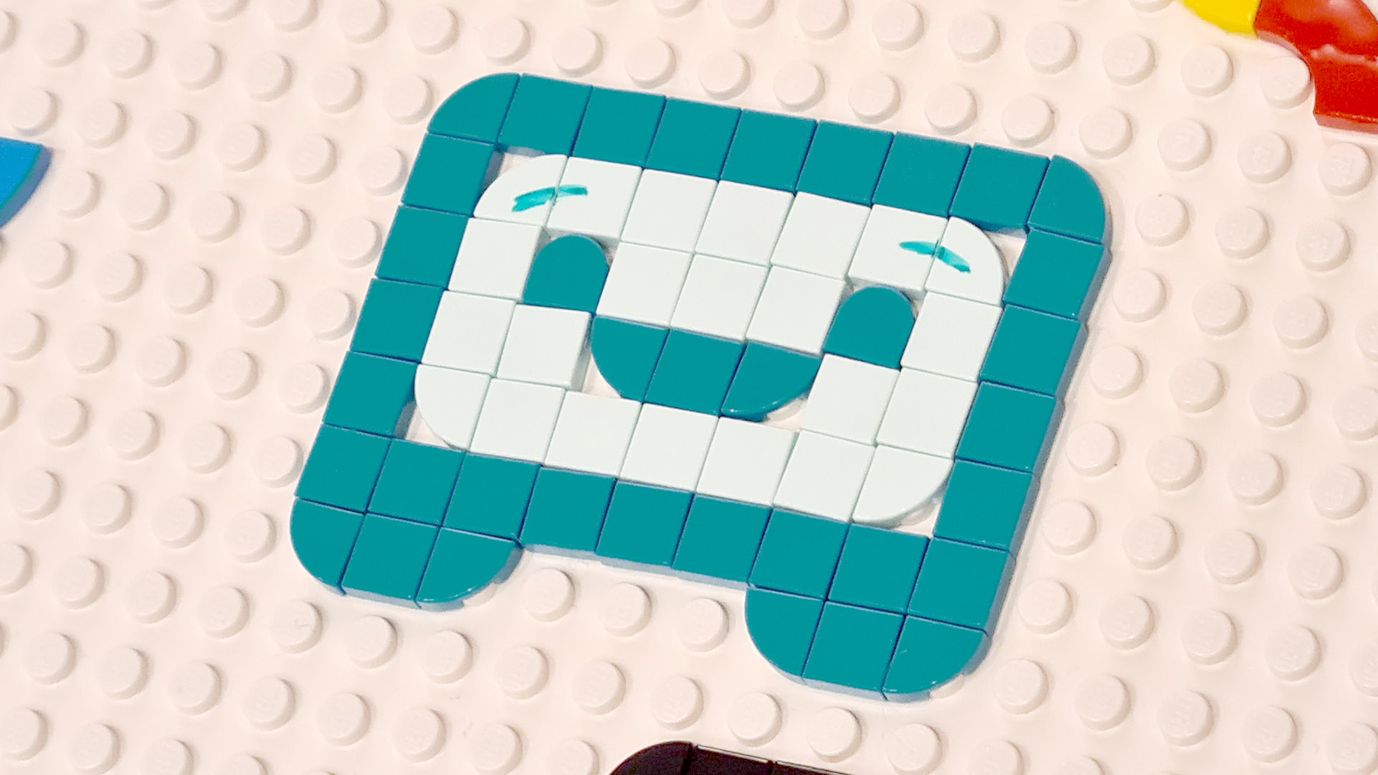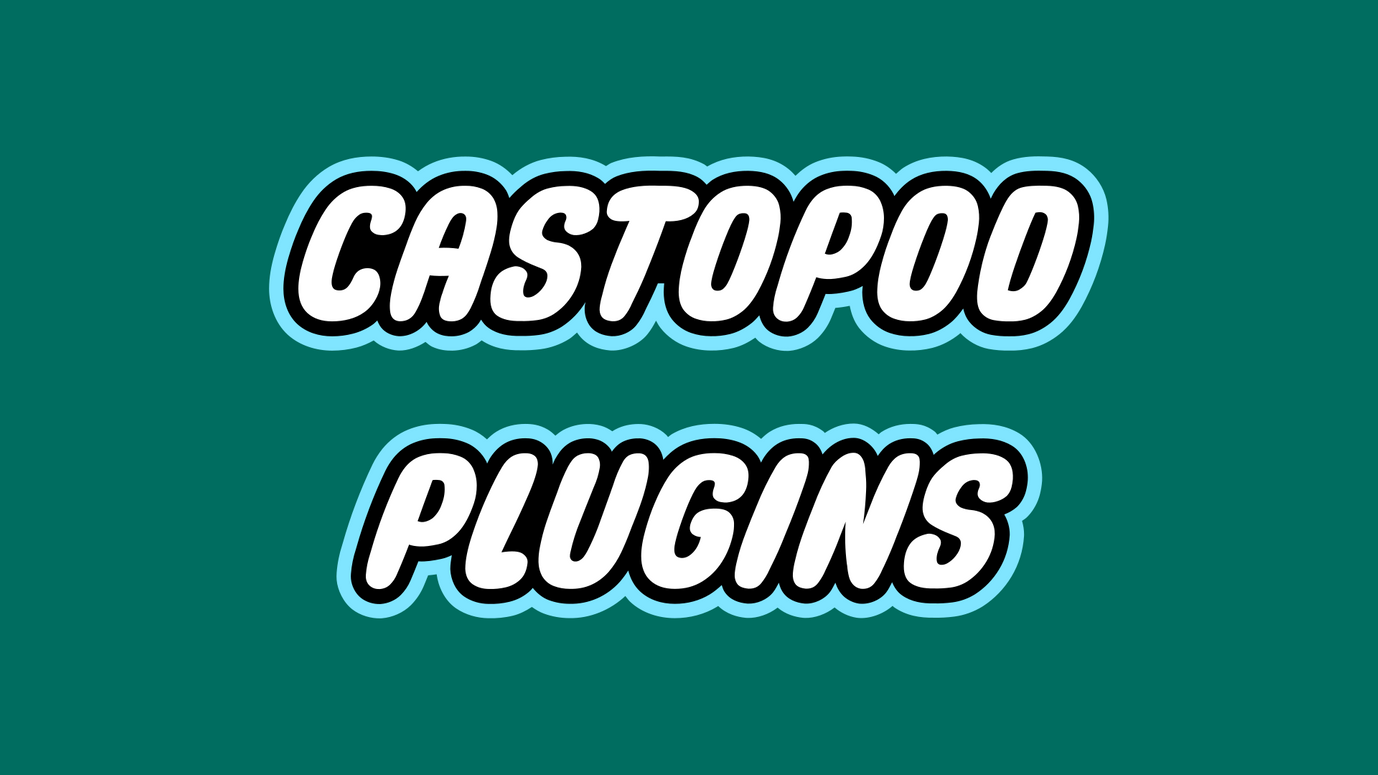
Castopod: an open source podcast hosting service
This article is the translation of an interview conducted by Anthony Gourraud in the podcast “Des Ondes Vocast”.
Castopod is made for podcast creators who want to maintain control over their content. It is a hosting solution for those who wish to defend open ecosystems and depend as little as possible on intermediary actors.
What is a podcast hosting platform?
A podcast hosting service allows you to upload your audio files to a server and make it into an RSS feed, a link used for referencing on various player applications such as Apple Podcasts or Spotify.
Unlike solutions like Acast, Ausha or Podcastics, Castopod is “open source”.
The value of an “open source” solution
“Open source” means that the source code is publicly available. Anyone can see how the service is designed. Any developer can detect security holes or even offer additional features.
Castopod is also free (as in free beer): you can download its source code, install it and use it without paying any license (by following this tutorial).
Castopod is likewise free (as in free speech): you can take the code, adapt it for your own needs and redistribute it.
Castopod, an alternative to Wordpress?
Before podcasting was so popular, there were only a few services dedicated to host your podcast.
The most common solution was to use Wordpress, a content manager for websites that is also open source and free, upon which you have to install a specific plug-in to manage the podcast distribution.
As a matter of fact, a podcast is simply a blog made up of articles each linked to an audio file, technically speaking.
Just like Wordpress, Castopod can be installed on any server. But because this solution is specifically designed to manage podcasts, its use is greatly simplified and many additional features are natively supported:
- Ability to host several podcasts on the same website
- Management of different access and publication rights per user
- Audience measurement system which follows the IABv2 standard, and which respects users privacy
- etc.
PodcastIndex tag support
The "podcast" namespace is a specification whose goal is to standardize future features of podcasting. New tags (XML labels for an RSS feed) are under review and then approved by the community. The developers of Castopod are convinced that this will revolutionize the podcast industry as we know it today, and are quickly adapting the code of the solution according to the new proposals.
Roadmap
Castopod is still in alpha version, meaning that all the features of v1 are not yet available. This first version is scheduled for early 2021.
Web usage
The website generated by Castopod will soon be PWA compliant: it will be installable as a mobile application on your smartphones.
Embedding a podcast widget (iframe) on a third-party site, so you can listen to it on any web page - while maintaining control of the data on Castopod, will also be possible.
Managing private podcasts
In order to only distribute content to a limited target, access control must be avaiable. Castopod will soon manage this.
WebSub
There are several things that are technically clogging podcast distribution. One of them is that in order to detect a new episode, most podcast applications periodically fetch RSS feeds. As a result, a new published episode may take several minutes or even dozens of hours to appear.
However the WebSub protocol, formerly known as “PubSubHubbub”, corrects this issue. With WebSub, the user application gets notified by the hosting platform as soon as a new episode is published, which makes new content available much faster for the listener.
WebSub support is on Castopod's roadmap. Castopod will embed its own WebSub server, so that subscription management is not deleguated to a third party.
For now few reading customers use WebSub, and that's a shame! Google Podcasts is one of the only applications which supports this protocol.
ActivityPub
Today, all social media features are outsourced to third parties. On Facebook for instance, the audience messages belong to Facebook. This company detains all the data. Likewise for Apple Podcast Reviews and Ratings: if Apple dereferences a podcast, the associated ratings and comments are lost forever.
With ActivityPub, the podcast is the social network. And since this is a federated network, listeners do not need to create an account for each podcast. They can interact with the same account from anywhere in the "Fediverse".
A tool to promote an open podcast
Castopod is designed not to sell services but rather to ensure that its technology is adopted by the greatest number.
This solution is designed to satisfy any podcast creator, amateur or professional. The service works very well for a simple broadcast on shared hosting at €3/mo at OVH, as well as for the creation of large catalogs. The rights management sytem is fully configurable and is therefore suitable for large companies. The management of private content makes it an ideal solution for subscription media.
The project has obtained European funding through NLnet.
Listen to “Des Ondes Vocast”
The interview with Benjamin Bellamy, founder of Ad Aures and father of the Castopod project, is available to listen to (in French) on the “Des Ondes Vocast” podcast.







